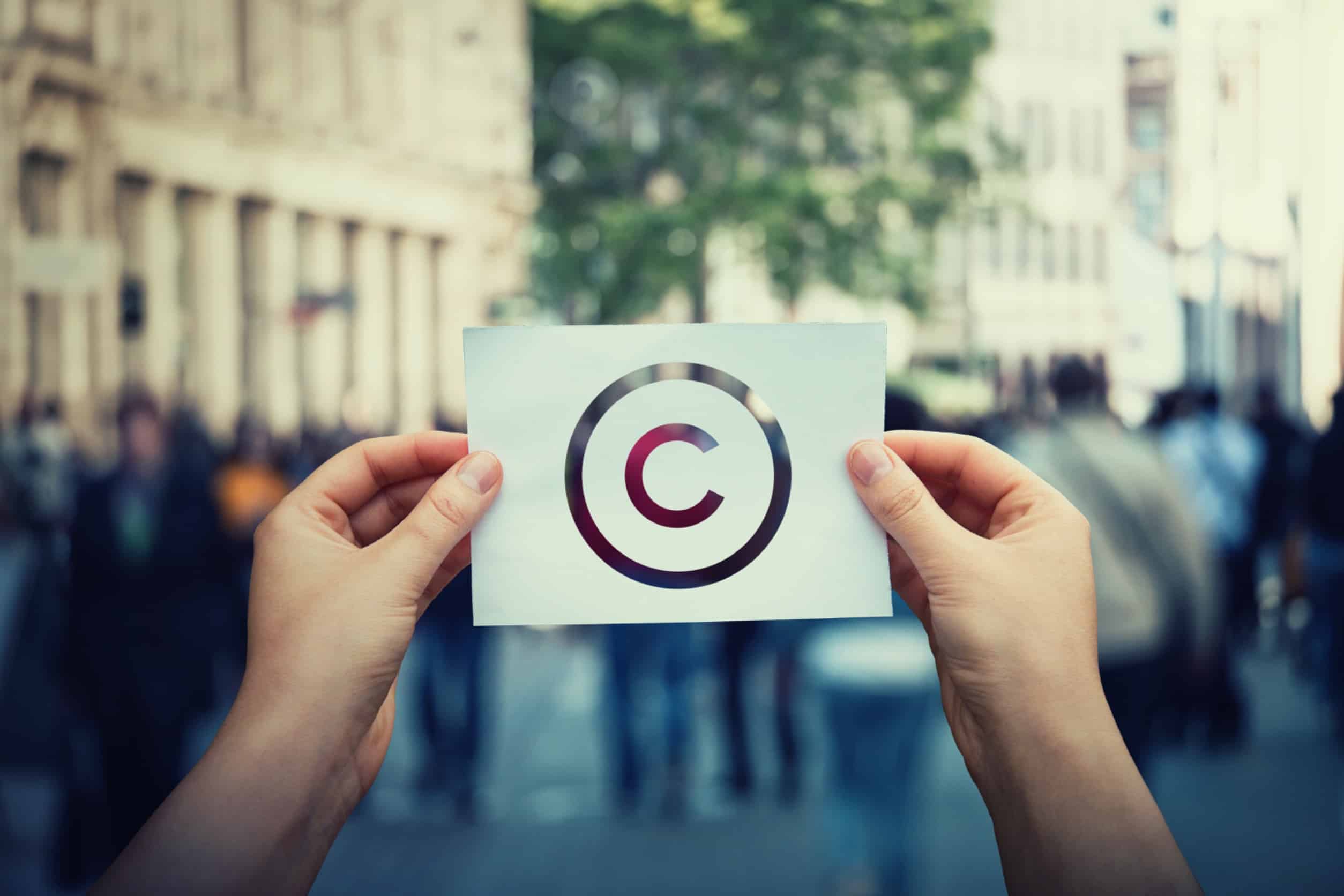Copyright law protects original creative works, but requires specific legal conditions to be met for a claim of copyright infringement to proceed.
Registration and Ownership
The initial factor to be addressed is proof of ownership of a valid copyright. Only the copyright owner or an exclusive licensee has the legal standing to commence an infringement suit. According to U.S. law, particularly under the directive of 17 U.S.C. § 411(a), a work must be registered with the U.S. Copyright Office before an infringement lawsuit can be filed. Though complete registration details are not required at the initial pleading stage, plaintiffs must allege both ownership and registration to enable the suit to progress to discovery.
Unauthorized Copying
The second element in a copyright infringement claim is proving that the defendant copied original constituent elements of the work. This involves demonstrating substantial similarity between the plaintiff’s work and the allegedly infringing work.
Substantial Similarity
The Ninth Circuit employs a two-part test to determine substantial similarity:
- Extrinsic Test: Compares the objective similarities of specific expressive elements in the two works, distinguishing between protected and unprotected material. Standard, stock, or common expressions within a particular medium are not protectable under copyright law. The application of the extrinsic test can be decided by the court as a matter of law, making it relevant at the motion to dismiss stage.
- Intrinsic Test: Assesses similarity of expression from the standpoint of an ordinary reasonable observer and is reserved exclusively for the trier of fact.
Accessibility
A copyright claim’s viability also depends on the plaintiff’s ability to show that the defendant had access to the copyrighted material. This might be demonstrated directly or through a web of circumstantial evidence, showing links between the defendant’s work and the plaintiff’s or widespread distribution of the original work.
Derivative Works and Their Protection
A copyright owner has the exclusive right to prepare derivative works based on the original work of authorship. Infringement of a derivative work without authorization constitutes infringement of the underlying work to the extent that the unauthorized copy also reproduces elements of the original work. Thus, infringing on a derivative work implicates the original work, further emphasizing the extensive nature of copyright rights.
Scenes à Faire Doctrine and Copyrightable Elements
Courts use the “scenes à faire” doctrine to determine which aspects of a copyrighted work are protectable. Common or trite elements that are firmly rooted in a genre’s tradition belong in the public domain and are not subject to copyright protection. However, even if individual elements are unprotectable, a compilation of unprotectable elements, if selected and arranged in an original manner, could be protectable.
Contributory and Vicarious Liability
The domain of copyright law extends beyond direct copying, considering contributory and vicarious infringement. Contributory infringement occurs when a defendant, with knowledge of a third party’s infringing activity, induces, causes, or materially contributes to the infringing conduct. Vicarious infringement requires a plaintiff to show that the defendant benefits financially from the infringing activity and has the right and ability to supervise the infringing conduct. These forms of indirect liability are rooted in principles of tort law and agency, respectively, and highlight the broader scope of responsibilities and liabilities under copyright law.
Estoppel in Copyright Claims
The doctrine of estoppel can bar a copyright owner’s claims if the owner engages in intentionally misleading representations concerning abstention from suit, and the alleged infringer relies on this deception to their detriment. To succeed with an estoppel defense, the defendant must establish that the plaintiff knew of the infringing conduct, the plaintiff intended that the defendant rely upon his conduct or act so that the defendant had a right to believe it is so intended, the defendant was ignorant of the true facts, and the defendant relied on the plaintiff’s conduct to their detriment.


